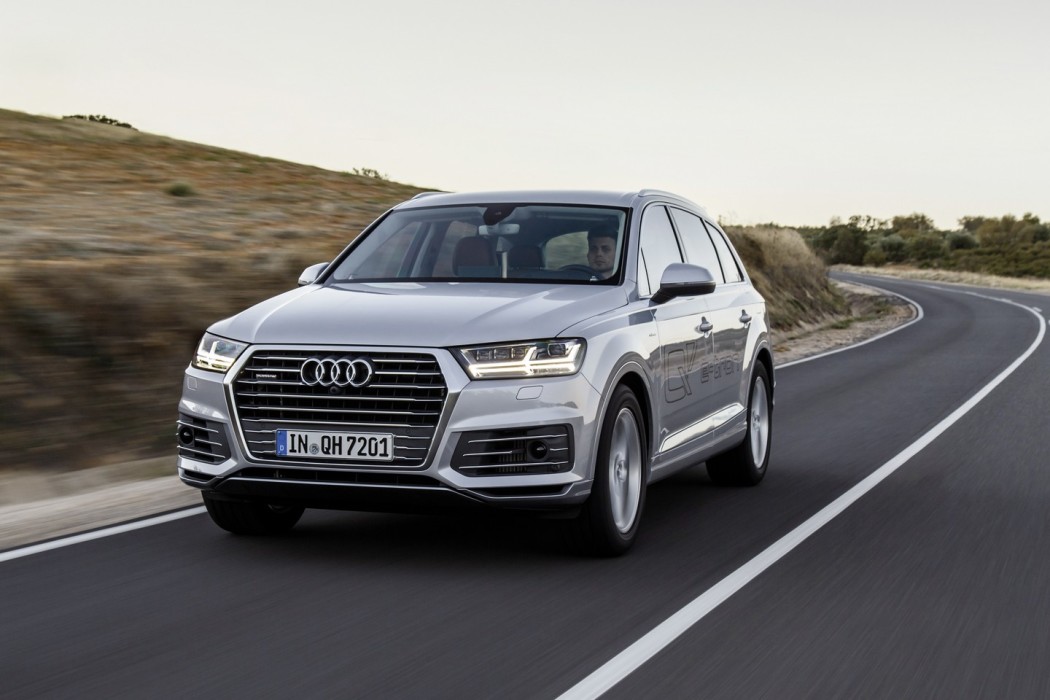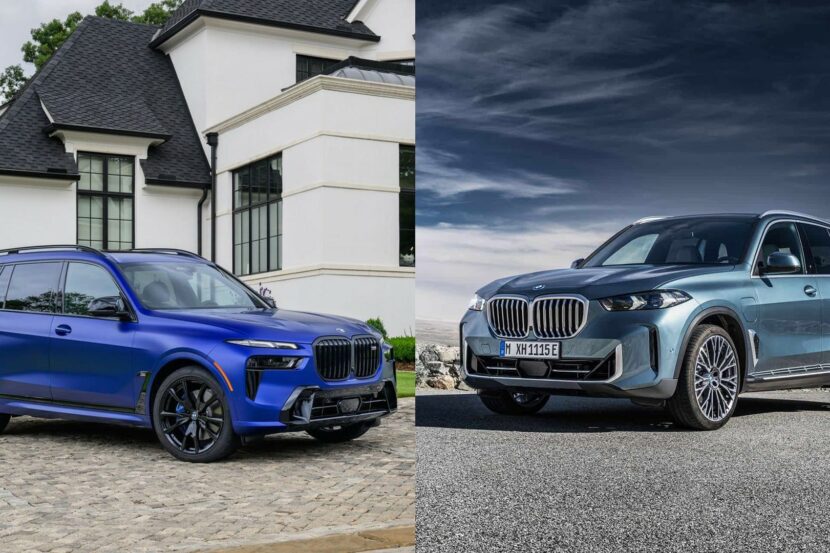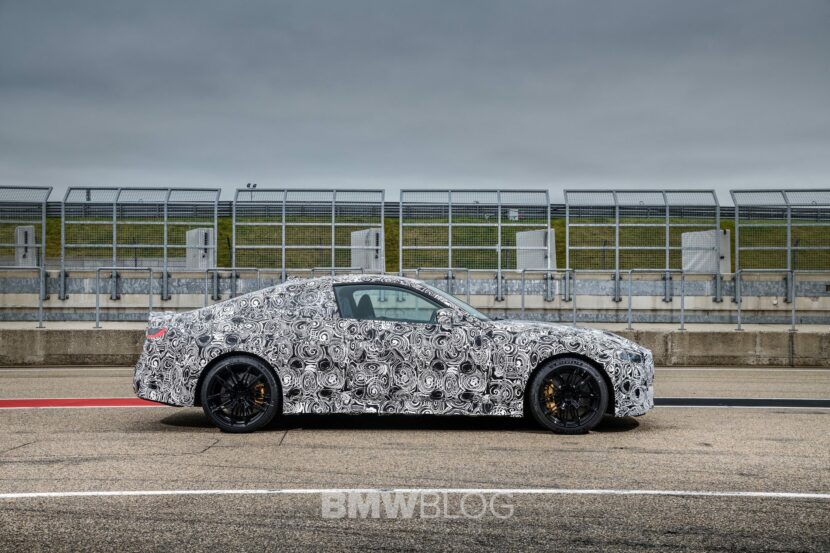Audi is currently the third best-selling luxury automaker in the world, lagging behind Mercedes-Benz and BMW, respectively. The Ingolstadt-based brand has been gathering steam and catching up as of late, with help from the brand-new Q7 and A4 recently debuting late last year, but even with the recent influx of new vehicles, Audi still remains in third. However, Audi is looking to catch up with its upcoming SUVs within the next couple of years.
SUVs are currently the hottest vehicles on the market, whether big or small, and are what BMW used to create its dominance in the luxury car market. With cars like the BMW X3, X5 and X6, as well as recently created niche vehicles like the BMW X1 and X4, BMW has created a massive following of SUV buyers, thus putting the Bavarians ahead of everyone else. However, Audi is gaining some momentum in this market with its new Q7, especially in China, and is looking to build upon that with more SUVs, both big and small.

First comes the next Audi Q2, which will be making its worldwide premiere at the Geneva Motor Show next week, which will become Audi’s smallest SUV and slot underneath the already compact Audi Q3. The Q2 will be targeted at younger buyers who may have a young family, don’t need as much space and who want something sportier than the Q3. After the Q2 will be the upcoming second-gen Q5, a big volume seller for Audi, which will debut next year. Following the Q5 will be the newly introduced top-of-the-line Audi Q8, which will follow BMW’s upcoming X7 and Mercedes-Benz’s GLS Class. Audi will also be introducing its own niche vehicle to the market, a fully Battery Electric Vehicle (BEV) SUV, the e-tron Quattro (possibly dubbed Q6).
These new vehicles could substantially boost Audi’s sales and, with its more youth-oriented product line, could steal some younger customers away from other brands. However, London-based analyst, IHS Automotive predicts that Audi will still lag behind its competitors, despite its influx of new SUVs. According to IHS’ estimates, Audi will stay in this place through 2022 with slower growth than both BMW and Mercedes. This might have to do with other models, as cars like the Audi A4 and A6 don’t sell in nearly the numbers that cars like the BMW 3 Series and 5 Series or Mercedes-Benz C Class and E Class do.
So despite Audi taking a very BMW-like approach to its new niche-filled SUV lineup, Audi is still likely to lag behind its German competitors. However, it’s getting closer and if the same plan worked for BMW, it could likely work for Audi as well.
[Source: QuattroDaily]






































































